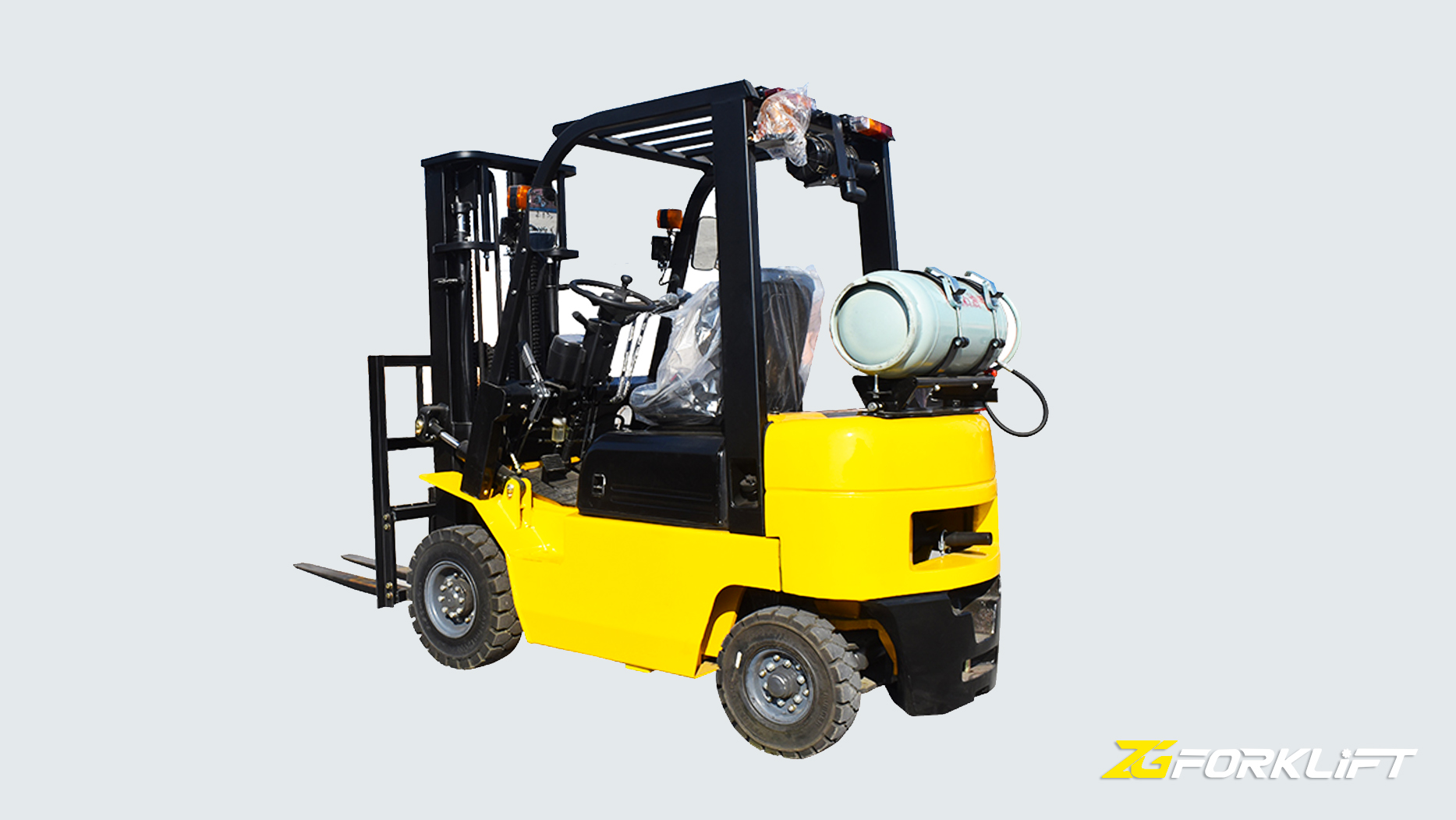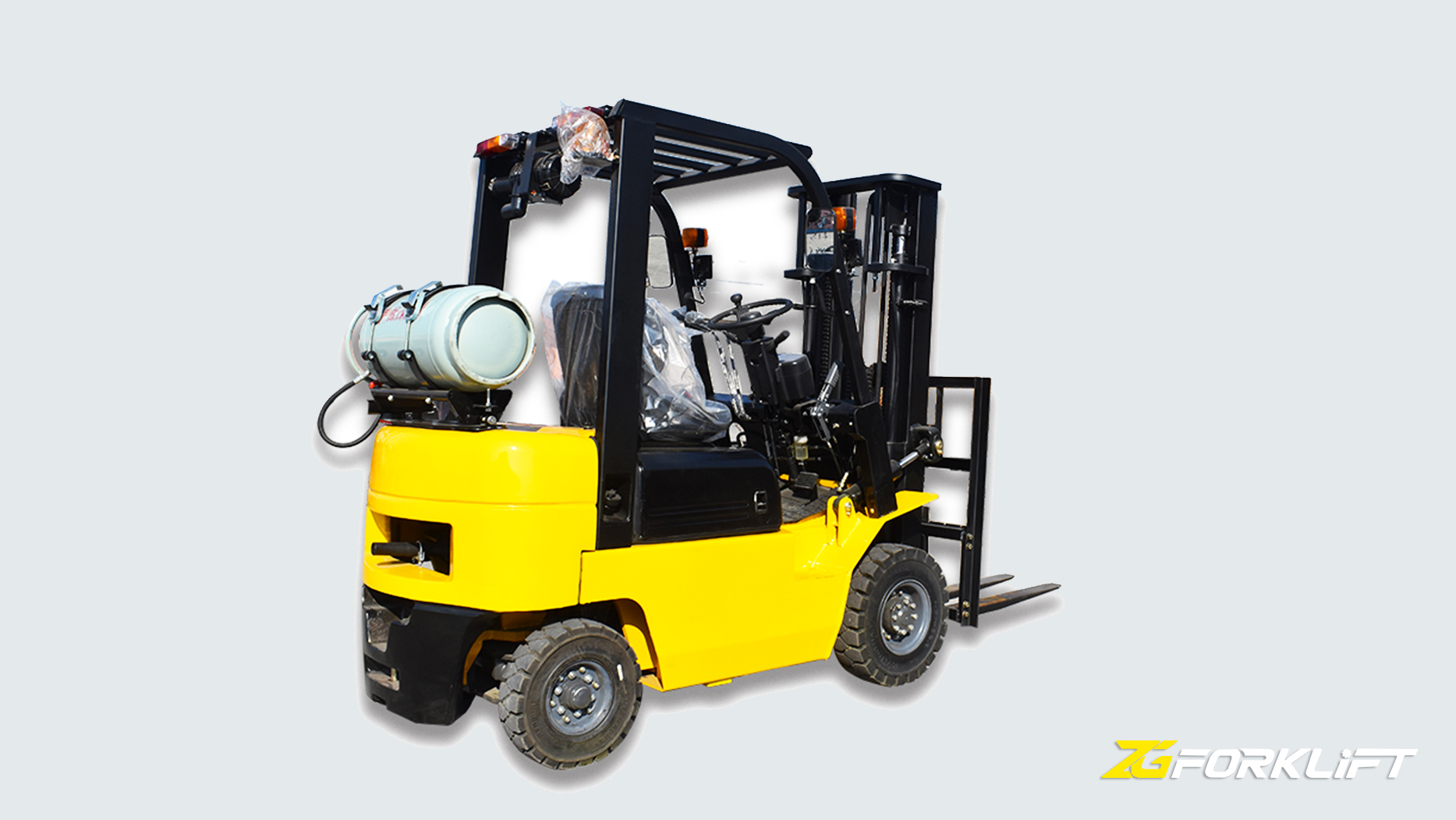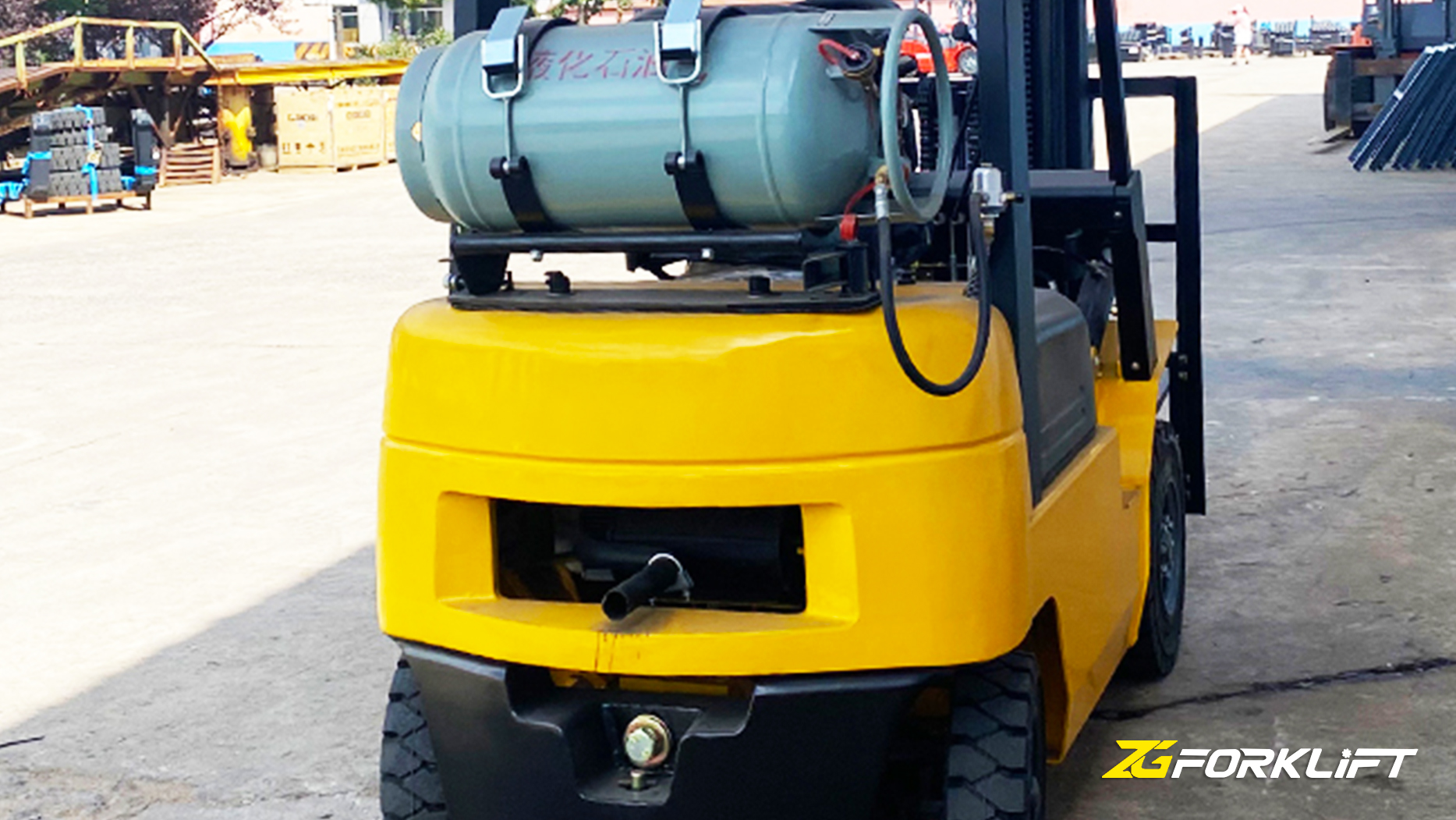Propane forklifts, also known as LPG (Liquefied Petroleum Gas) forklifts, are a common sight in warehouses, factories, and construction sites. Their popularity stems from a combination of factors, including cleaner emissions compared to gasoline or diesel, relatively low fuel costs, and good performance. However, a crucial question often arises regarding their safety: do propane forklifts give off carbon monoxide (CO)? The answer, while seemingly simple, requires a nuanced explanation. This article delves into the combustion process of propane in forklift engines, explores the potential for CO production, discusses factors influencing CO levels, and outlines safety measures to mitigate risks.
The Combustion of Propane:
Propane (C₃H₈) is a hydrocarbon fuel that, under ideal conditions, burns completely in the presence of sufficient oxygen (O₂) to produce carbon dioxide (CO₂) and water (H₂O). Factors Influencing CO Production in Propane Forklifts:
Several factors can contribute to incomplete combustion and subsequent CO production in propane forklifts:
Insufficient Oxygen: This is the primary cause of incomplete combustion. Factors contributing to insufficient oxygen include:
Improper Air-Fuel Mixture: If the air-fuel mixture is too rich (i.e., too much fuel and not enough air), there won't be enough oxygen for complete combustion. This can be caused by faulty carburetors, fuel injectors, or other components of the fuel system.
Restricted Air Intake: A dirty air filter or other obstructions in the air intake system can restrict the flow of air into the engine, leading to an oxygen deficiency.
Engine Tuning: An improperly tuned engine can also result in an air-fuel mixture that is not optimal for complete combustion.
Engine Condition: Worn or malfunctioning engine components can contribute to incomplete combustion. For example:
Faulty Spark Plugs: Improperly functioning spark plugs can lead to incomplete combustion, as the fuel-air mixture may not ignite completely.
Worn Piston Rings: Worn piston rings can allow oil to enter the combustion chamber, which can interfere with the combustion process.
Operating Conditions: The operating conditions of the forklift can also influence CO production:
Cold Starts: During cold starts, the engine may not be at its optimal operating temperature, which can lead to incomplete combustion.
Heavy Loads: Under heavy loads, the engine may require more fuel, and if the air-fuel mixture is not properly adjusted, this can lead to incomplete combustion.
Poor Ventilation: Operating a propane forklift in a poorly ventilated area can lead to a buildup of CO, even if the engine is running efficiently.
Safety Measures to Mitigate CO Risks:
Given the potential for CO production, it's crucial to implement safety measures to minimize the risks associated with propane forklift operation:
Regular Maintenance: Regular maintenance is essential to ensure that the engine is running efficiently and that all components are in good working order. This includes checking and replacing air filters, spark plugs, and other components as needed. Fuel system components should be inspected and maintained by qualified technicians.
Proper Ventilation: Propane forklifts should always be operated in well-ventilated areas. This helps to prevent the buildup of CO and other exhaust gases. If operating in enclosed spaces, ensure adequate ventilation systems are in place.
CO Monitoring: Using CO monitors in areas where propane forklifts are operated is a critical safety measure. These devices can detect the presence of CO and provide warnings to workers. Personal CO monitors can be worn by operators for added safety.
Operator Training: Proper operator training is essential. Operators should be trained on the safe operation of propane forklifts, including the risks associated with CO exposure and the importance of proper ventilation.
Pre-Operational Checks: Operators should perform pre-operational checks on the forklift before each use, including checking the engine for any signs of problems and ensuring that the ventilation is adequate.
Emissions Testing: Regular emissions testing can help to identify forklifts that are producing excessive amounts of CO. This allows for timely maintenance or repairs to address the issue.
Use of Catalytic Converters: Many modern propane forklifts are equipped with catalytic converters, which help to reduce CO emissions. Ensure that catalytic converters are properly maintained and functioning.
Addressing Common Misconceptions:
It's important to address some common misconceptions regarding propane forklifts and CO
"Propane forklifts are completely safe and don't produce CO." This is false. While propane is a cleaner-burning fuel than gasoline or diesel, incomplete combustion can still occur, leading to CO production.
Post time:Feb.13.2025



